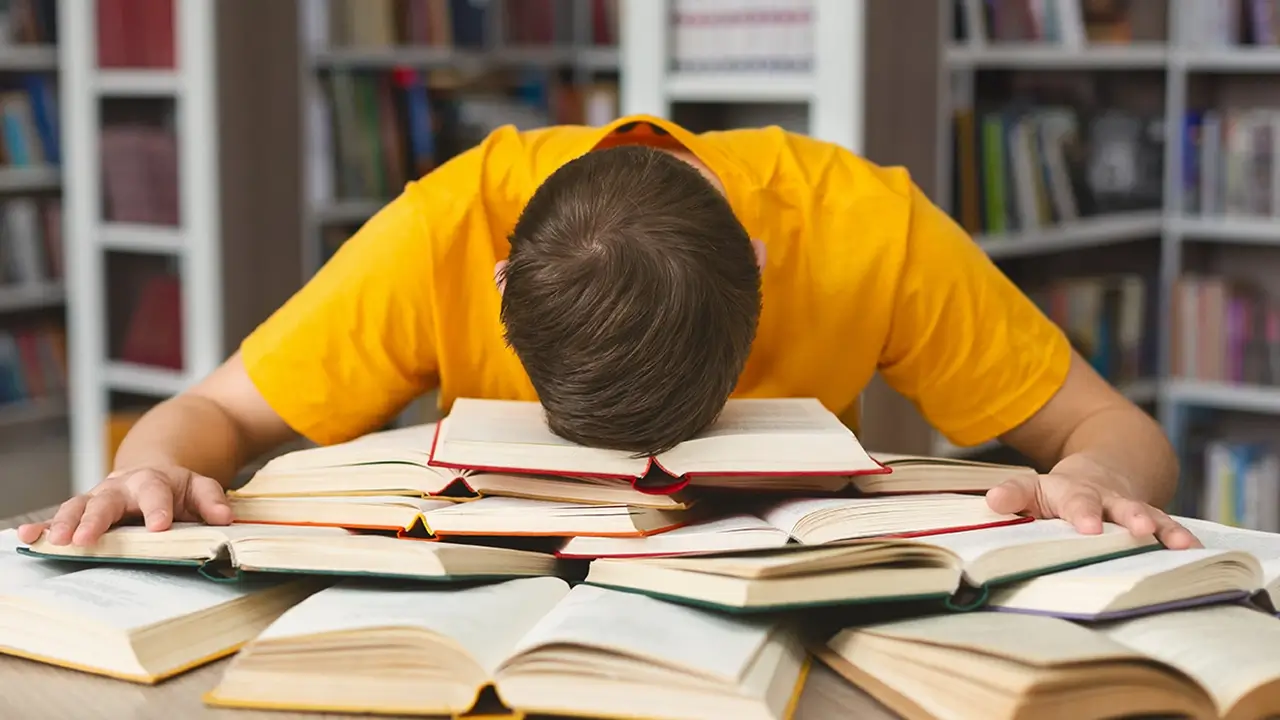
Mindfulness Exercises to Help You Sleep
Written by Danielle Mowbray
Research has shown that mindfulness exercises help you sleep by lowering your stress levels before bedtime. Mindfulness is the process of achieving a mental state in which you are completely aware of the present moment. By following our mindfulness tips you can improve both the quantity and the quality of your sleep.
How conscious breathing can help you sleep
Focusing on your breath helps you to feel calm and relaxes the muscles in your body. This increases your chances of falling asleep. It will also help to quiet the mind before bedtime.
To use this exercise:
- Lie down on your bed and make yourself comfortable.
- Breathe in through your nose for 5 counts. Think about how the air feels going into your nostrils.
- Hold at the top of your breath for 2 counts.
- Exhale through your mouth for 5 counts. Envision any negative thoughts leaving your body like a puff of smoke. Give those thoughts a colour. If you’re feeling angry, they might be a deep red.
- Repeat the process. As you breathe in fresh air, focus on how it nourishes your body.
- Let go of all your negative thoughts and feelings as you expel them with your out breath.
This can help unburden your mind. Leaving you more prepared for sleep.
How scanning your body can help you sleep

Stress can manifest itself in different parts of your body. This discomfort exacerbates your stress levels. Scanning your body is an extension of conscious breathing and helps by making you more aware of your body. This releases tension and improves concentration.
To use this exercise:
- Lie down and make yourself comfortable.
- Start from your head and consider how it is feeling. Is there any pain? Can you feel a breeze from the window across your face? Do your eyelids feel heavy?
- Confirm how it feels. Notice it. Be aware of it and then move on to the next part of your body.
- Move slowly down and around your body until you have reached your toes.
- When you come across a very tense area, scrunch those muscles up for a few seconds and then release them. Feel the difference between the two states.
You’ll find that this focused action encourages sleep by relaxing the body.
How to perform guided meditation to help relaxation
If you have never meditated before it may be that using an app or video to guide you through meditation will be the best starting point. The guide will talk you through conscious breathing and body scanning as well as visualisation techniques. This takes the focus of your mind away from the unhelpful thoughts that keep you awake.
How to visualise relaxation to help you sleep

Visualising relaxation can make it easier for you to get to sleep by taking you away from your current worries. Imagining yourself in the least stressful situation possible can ease both your mind and body.
This is a simple and enjoyable process:
- Make yourself comfortable.
- Think about a place or situation in which you feel calm.
- Imagine with all your senses. If you are thinking of a beach, think about how the sand feels or the water smells.
As your mind immerses itself in these feelings, your body will become more relaxed and put you in a good mood ready for a good night’s sleep.
Using “sleep stories” to help you wind down
Sleep stories mix narrative with sound effects and music to help you sleep and were created by Calm. They are all designed to promote mindfulness and help sleep in adults. There are different styles of sleep story for you to try. Your body will let you know which works best for you.
We appreciate mindfulness at Mattress Online because we know improving the quality of your sleep can improve the quality of your life. It's why we put so much effort into making sure you know which mattress is best for you.
For further tips on getting to sleep, read our top 4 natural sleep remedies.
About our Team
Written by Danielle Mowbray
Related Articles
Sleep and exam success: Why rest is your secret weapon this revision season
Sales Enquiries
Mon-Sat: 9:30am - 5:30pm
Sunday: 10am - 4pm
Customer Service
Mon-Sat: 9:30am - 5:30pm
Sunday: Closed
customerservice@mattressonline.co.uk












